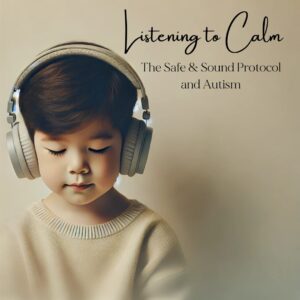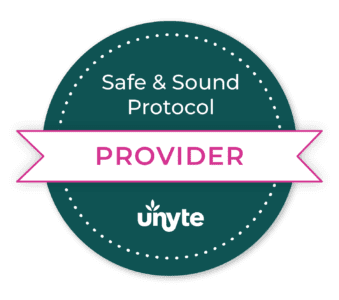Election season can stir a wide range of emotions. From heated discussions to moments of introspection, political debates often push us to reflect on where we stand. But beyond the soundbites and talking points, debates also provide a valuable opportunity to explore something deeper: our personal values.
At their core, values are the guiding principles that shape how we view the world and interact with others. When we feel triggered or passionate about certain issues, it can often point back to our core beliefs. Instead of getting lost in the frenzy of political opinions, we can use this as a moment to connect with ourselves on a deeper level.
The Power of Reflection
Debates have a way of highlighting issues that we care about most. Rather than reacting impulsively to statements that stir us, we can ask ourselves: “What value is this issue challenging or supporting for me?” This small shift from reaction to reflection opens the door to better self-understanding and emotional regulation.
Exercise 1: Identify Your Core Values
Next time you watch a debate or read about current events, pay attention to the issues that cause a strong emotional reaction. Write down a few key points and ask yourself:
- Why does this resonate with me?
- What does this say about my personal values?
- Am I reacting out of fear, frustration, or something else?
Try to identify the specific value behind the emotion—whether it’s justice, equality, freedom, or something more personal.
Here is a Values Worksheet you can use as a guide. It is not exhaustive, but it can help you start to find the words to name your values!
Exercise 2: Cultivate Compassion for Differing Views
Once you’ve identified your values, the next step is to recognize that everyone holds different values, and that’s okay. When you encounter a viewpoint that conflicts with your own, try asking:
- What values might this person be holding?
- Can I imagine how their positive values may have taken them to a belief or opinion that is different than my own?
- Can I acknowledge and honor that even the exact same values can drive us to different conclusions depending on our unique experiences and beliefs?
- How can I practice compassion toward them, even if I disagree?
This exercise not only helps foster empathy but also strengthens emotional resilience.
Exercise 3: Create an Action Plan
After reflecting on your values, consider how you can align your daily actions with them. For example, if a debate sparks a strong desire for justice or fairness, ask yourself:
- How can I promote this value in my life, work, or community?
- What small, meaningful actions can I take to live this value more fully in my own life?
By focusing on personal actions, we remind ourselves that our values can have an impact outside the political arena.
Exercise 4: Body Scan for Emotional Awareness
During or after watching the debate, take a moment to do a body scan to tune into where you’re holding tension. Starting from your head and moving down to your toes, pause at each area and notice any physical sensations, like tightness in your shoulders or a flutter in your stomach. Ask yourself:
- What emotion might this tension be connected to?
- How can I relax this area of my body?
This helps to connect emotional responses to physical reactions and brings awareness to how politics can affect us on a deeper level.
Exercise 5: Reframe with Gratitude
After the debate, take a moment to reflect on something positive you’ve gained from the experience. It could be a new perspective or simply the opportunity to reflect on your own values. Write down three things you’re grateful for, related to the debate or otherwise, to shift your focus from tension to a more balanced mindset.
- How has this experience helped you learn or grow?
- What value do you appreciate more after watching?
This practice of gratitude can help reduce stress and create a sense of calm, even after a politically charged event.
Reconnect with Your True Self
Using political debates – and the political season in general! – as a mirror for personal reflection is a powerful way to stay grounded during an often chaotic time. Instead of letting heightened emotions take over, we can step back, reflect on what truly matters to us, and find meaningful ways to live out our values in everyday life.
Remember, the world is full of differing views, but your values are your own. Staying true to them is one of the best things you can do for your mental health during election season—and beyond.
-

Exploring the complexity of people and their stories, finding and celebrating redemption, strength, and courage in the wake of suffering, and seeking purpose and meaning in daily life—these are the pursuits I share with my clients. Every day, I’m in awe of the impossible things they accomplish. Truly, how lucky am I? Outside of my practice, I soak up life with my husband, three kids, a house full of animals, and more chickens than I ever expected.
View all posts
 (281) 305-9387
(281) 305-9387









